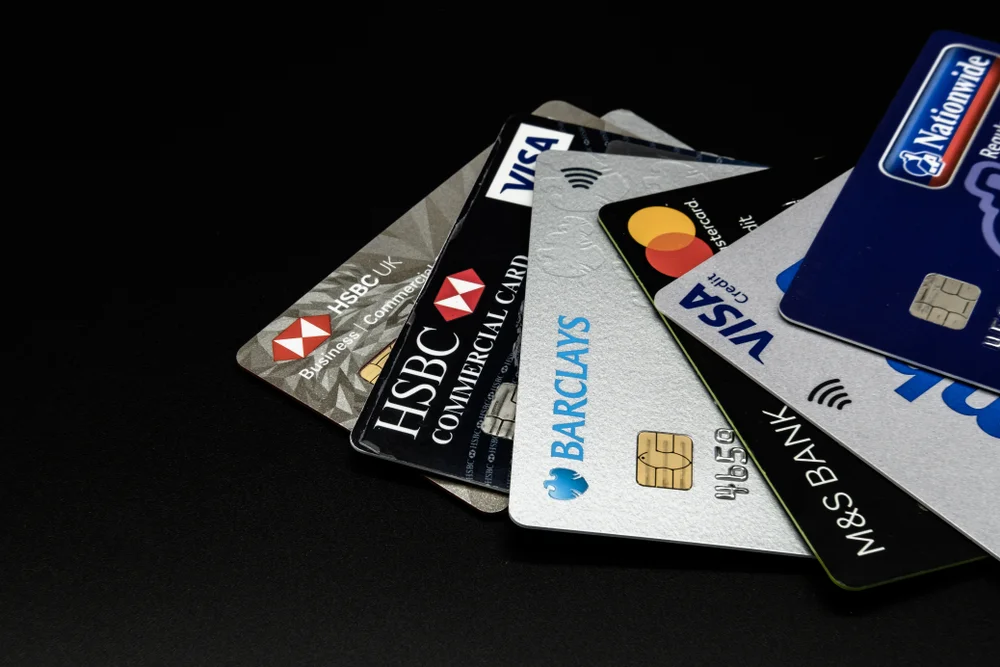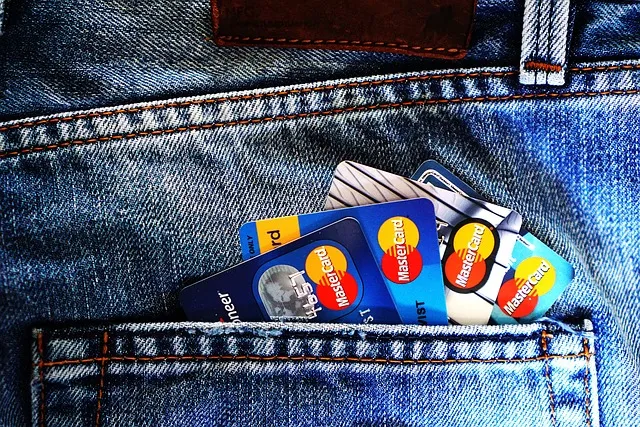Debit cards have become an integral part of daily transactions in the United Kingdom, marking a significant evolution in the financial landscape. Their introduction over the past few decades has not only revolutionized consumer behavior but also had a profound impact on the national economy.
This blog explores the journey of these plastic cards, their influence on spending habits, and the overall economic effects. Whether you are a financial enthusiast or just an everyday user, understanding the history and implications of debit cards provides valuable insight into the modern economy.
Page Contents
ToggleHistorical evolution of debit cards in the UK

The journey of debit cards in the UK began in the 1980s, with the inception of early electronic payment methods. Initially seen as an alternative to carrying cash, their usage quickly gained momentum. Significant milestones, such as the introduction of the first UK debit card in 1987 by Barclays, laid the foundation for widespread adoption.
Over the years, advancements in technology facilitated more secure and efficient debit card systems. The introduction of chip and PIN technology in 2003, followed by contactless payments in 2007, further revolutionized consumer transactions. These technological evolutions not only enhanced security but also improved the convenience of making payments.
Significant collaborations between banks and technology companies have accelerated the development of debit card features. For instance, partnerships with mobile payment providers have integrated card functionalities into smartphones, offering seamless and versatile payment options.
Early adoption and growth
In the early stages, the adoption of debit cards was gradual. Consumers were initially wary of moving away from traditional cash payments. However, with increasing awareness and trust in electronic banking, the user base expanded significantly through the 1990s and early 2000s. The initial growth phase saw debit cards being primarily used for withdrawing cash from ATMs.
With the gradual increase in point-of-sale terminals accepting these cards, their role in everyday purchases strengthened. By the mid-2000s, the frequency of debit card transactions had surged, reflecting a shift in consumer preferences.
Financial institutions played a pivotal role in this growth, offering incentives and ensuring robust security measures. Effective marketing strategies and attractive features like cashback and rewards programs further encouraged consumers to embrace debit cards.
Technological milestones
Technological advancements have been crucial in the evolution of debit cards. The implementation of chip and PIN technology offered a safer alternative to magnetic stripe cards, significantly reducing fraud. This innovation was instrumental in increasing consumer confidence and adoption rates. The introduction of contactless payment technology marked another significant leap.
This feature allowed consumers to make quick, low-value payments by simply tapping their cards, eliminating the need for entering a PIN. Moreover, the advent of mobile payments and digital wallets has further diversified the use of debit cards. Integrating card functionalities into smartphones has made payments more versatile and accessible, setting the stage for future innovations.
Impact on the economy
The widespread use of debit cards has had substantial implications on the UK economy. By facilitating convenient and secure transactions, these payment instruments have influenced consumer spending patterns and business operations.
Debit cards have significantly contributed to the growth of the retail sector. With the ease of transactions, consumers are more likely to spend, boosting retail sales and the overall economy. Moreover, the shift to electronic payments has reduced the need for cash handling and associated costs, improving operational efficiencies for businesses.
This shift has particularly benefited small and medium-sized enterprises (SMEs), making financial transactions easier and more reliable.
Consumer behavior and spending
Debit cards have transformed consumer behavior, encouraging more frequent and spontaneous spending. The ease of electronic payments has reduced the need for carrying cash, allowing consumers to make purchases anytime, anywhere.
This change in behavior is evident in the increased frequency of transactions. Studies indicate that consumers are more likely to spend using debit cards compared to cash, reflecting higher convenience and security perceptions.
Furthermore, the availability of online banking and budgeting tools associated with debit cards has empowered consumers to manage their finances better. Real-time access to account balances and transaction histories facilitates smarter financial decisions.
Business operations and efficiencies
For businesses, the adoption of debit cards has streamlined operations and reduced cash handling burdens. Electronic payments simplify the process of transaction record-keeping and reduce risks associated with cash theft and loss.
Retailers, in particular, have benefited from faster transaction times and improved customer satisfaction. The ability to offer contactless payment options has minimized checkout times, enhancing the overall shopping experience.
Additionally, SMEs have found debit card acceptance crucial in expanding their customer base. The versatility and ease of electronic payments make businesses more accessible to consumers, promoting growth and competitiveness.




